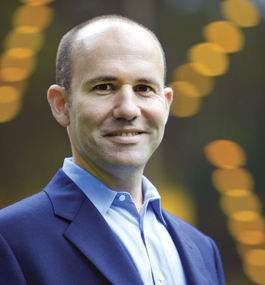 by Joe Panepinto
by Joe Panepinto
It only took me about three seconds to decide what to wear on the first day in my new gig as strategy director at Genuine Interactive, a digital marketing agency (jeans and a wrinkled linen shirt, duh). Deciding what books to take was a bit trickier.
In the end, I decided to bring only one: The Power of Nice: How to Conquer the Business World with Kindness by Linda Kaplan Thaler and Robin Koval. Sure, the niceness principles in Chapter 1 are great, but what’s most intriguing about the book — especially for a strategy leader — is Chapter 8: Shut Up and Listen. Continue reading




![iStock_000008266083Small[1]](http://www.issg.net/wp-content/uploads/2014/09/iStock_000008266083Small1-150x139.jpg)

 by Mark Miller
by Mark Miller By Andy Molinsky
By Andy Molinsky